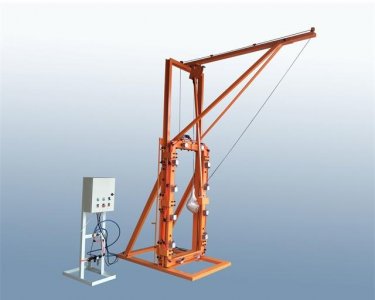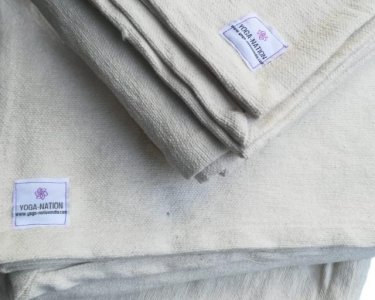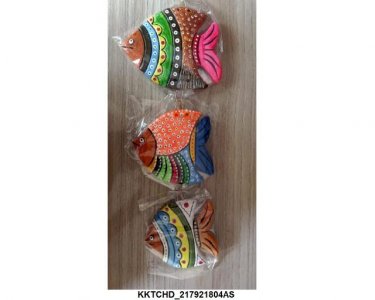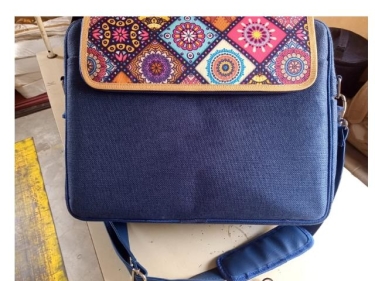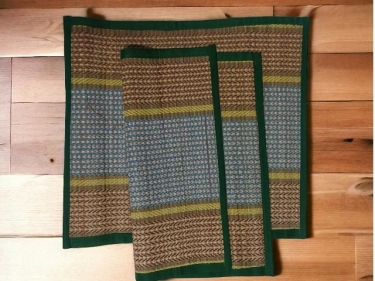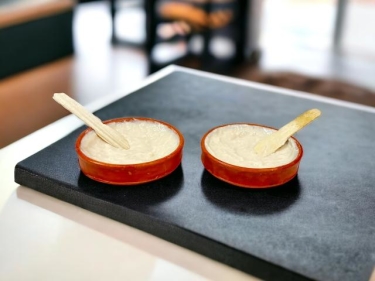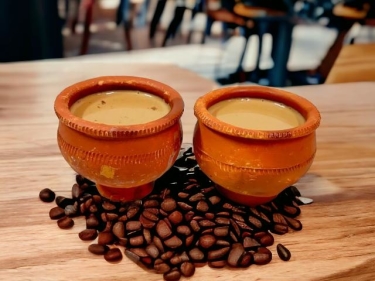Search Results for "samoa" in "Samoa" on Export Portal
Active Filters
-
Keywords:
-
Country:
- Clear all
New Search
Couldn't find the product you want?
Fill out this form to request the product.
Exports
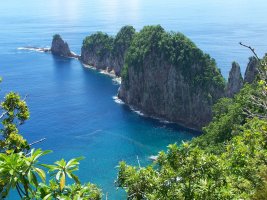
The economy of Samoa is dependent on agricultural exports, development aid and private remittances from overseas. Samoa is vulnerable to devastating storms. Agriculture employs two-thirds of the labor force, and furnishes 90% of exports, featuring coconut cream, coconut oil and copra. Outside of a large automotive wire harness factory, the manufacturing sector mainly processes agricultural products. Tourism is an expanding sector; more than 70,000 tourists visited the islands in 1996. The Samoan Government has called for deregulation of the financial sector, encouragement of investment, and continued fiscal discipline. Observers point to the flexibility of the labor market as a basic strength factor for future economic advances.
Because of variations in altitude, a large range of tropical and subtropical crops can be cultivated, but land is not generally available to outside interests. Of the total land area of 2,934 km² (725,000 acres), about 24.4% is in permanent crops and another 21.2% is arable. About 4.4% is Western Samoan Trust Estates Corporation (WSTEC).
Samoa's main exports are insulated wire, frozen and fresh fish, cars, delivery trucks, beer, printed circuit boards, coconut oil, rolled tobacco, scrap iron.
Samoa's main export partners are Australia, New Zealand, Nigeria, American Samoa, Brazil, Tokelau, United States, Thailand, Colombia.
Customs requirements of Samoa
Samoa Customs Services Contacts
Website: www.revenue.gov.ws
Email: Info_services@revenue.gov.ws
Address: P.O. Box 44, Matautu-tai
Telephone: (0685) 21561
Fax: (0685) 21563
Samoa is an island country situated in the western Samoan Islands archipelago in the South Pacific Ocean, south of the equator, about halfway between Hawaii and New Zealand. Samoa is a member of the African, Caribbean, and Pacific Group of States, International Monetary Fund, World Customs Organization, World Trade Organization(observer)and other international organizations.
Tariffs
Being a member of the World Customs Organization, Samoa ratifies the terms and conditions set out by the Customs Cooperation Council (COC). The country adopted the Customs Tariff nomenclature under the International Convention on the Harmonized Commodity Description and Coding System. The Customs Department of Samoa has adopted the latest Harmonized System version 2012, which harmonizes codification of all imports and exports.
Customs duties are set at 4 clusters – 0%, 5%, 8% and 20%. There is also an excise duty imposed on alcohol, soft drinks, tobacco products and certain motor vehicles.
Samoa does not have any double taxation treaties in place. However, a Double Taxation Agreement between Samoa and New Zealand is currently being developed.
Product certification, labeling and packaging
Samoa Quarantine has strict requirements on importing plant and plant products, as plant pests and diseases can cause damage to the country's environment and agriculture.
However, certain products do not require an import permit:
- Canned vegetables (cabbages, carrots, eggplant, broccoli, cauliflower, sweet corn etc)
- Canned fruits (mango, peaches, plums, mixed fruits cherries etc)
- Biscuits
- Cooking oils (virgin, olive, vegetables etc)
- Peanut butter
- Tomato sauce
- Salt
- Sugar
- Tea leaf (processed in packets)
- Cooked root crops (yams, taro, cassava, breadfruit)
All used vehicles and machinery are required to be inspected on arrival, and undergo a water blasting treatment.
Used items must be fumigated and contain a fumigation certificate. All food items must comply with the Provisions of Pure Food Act.
Documents for import
- Bill of lading
- Cargo Release order
- Certificate of origin
- Commercial invoice
- Import declaration
- Insurance certificate
- Packing list
Sources
http://www.revenue.gov.ws/customs-procedures
http://www.revenue.gov.ws/customs-tariff
http://www.clarkelawyers.net/doing-business-in-samoa/
http://www.samoaquarantine.gov.ws/













